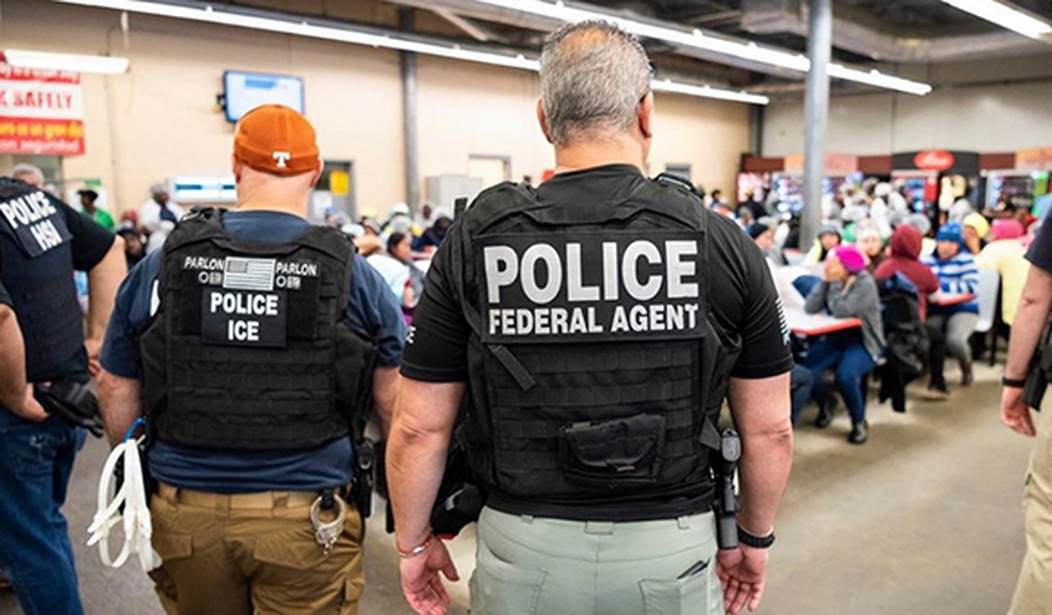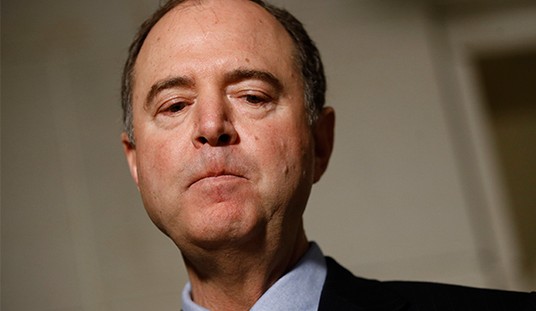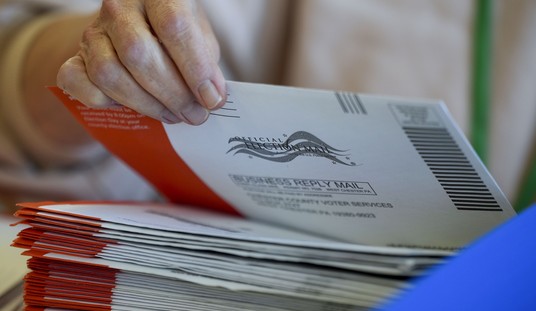Can "sanctuary cities" protect illegal immigrants from Trump's mass deportation plan? The short answer is "no," but any city or state can order its law enforcement not to cooperate in any way with Immigration and Customs Enforcement (ICE) in rounding up illegal aliens.
Chicago's status as a sanctuary city will "prevent local enforcement officers from asking for a person’s immigration status, detaining someone because of their immigration status or cooperating with federal immigration agents in several crucial areas," according to the Chicago Sun-Times.
ICE can request a 48-hour "hold" on a particular prisoner in local custody, but the city is under no obligation to honor that request. Only if the prisoner is being sought on a federal arrest warrant can the federal government demand the local jurisdiction hold them.
There's a question of whether local police can interfere in actions taken by ICE to arrest someone or a group of people if no federal warrant has been issued for the enforcement action. Would Chicago Mayor Brandon Johnson go so far as to have Chicago cops block enforcement actions by ICE agents in Chicago? The way Johnson talks about the mass deportation planned by the incoming Trump administration, he wants to make it a racial issue.
“We’re going to defend the people of this city because his attack, let’s be very clear — the president-elect, former President Trump, his threat is not just toward new arrivals, and undocumented families” Johnson said. “His threats are also against Black families.”
Trump's incoming Border Czar, Tom Homan, threatened to prosecute Johnson if he interfered.
"If your Chicago mayor doesn't want to help, he can step aside," Homan said. "But if he impedes us, if he knowingly harbors an illegal alien, I will prosecute him."
Illinois Governor J.B. Pritzker puffed out his chest and threatened action if ICE began to deport Illinois residents en masse.
“To anyone who intends to come take away the freedom and opportunity and dignity of Illinoisans, I would remind you that a happy warrior is still a warrior,” Pritzker said. “You come for my people. You come through me.”
In addition to blowhards such as Pritzker and radical racialists such as Johnson, there are some legitimate legal issues that the Trump administration would need to address in any mass deportation program.
WBEZ:
Trump recently confirmed plans to declare a national emergency and use the U.S. military to assist with the mass deportation of undocumented immigrants. While such an action would violate federal law under normal circumstances, experts have speculated that Trump could invoke the Insurrection Act of 1807, which gives the president emergency powers to use federal troops on domestic soil to curb local unrest or rebellion.
Such a decision would likely face legal challenges.
“The Trump administration would have to argue that the mere presence of undocumented people or immigrants in a community rises to that level,” said Fred Tsao, senior policy counsel at the Illinois Coalition for Immigrant and Refugee Rights. “Any fair-minded federal official would have trouble squaring with the spirit of the law.”
Mass deportation necessarily means mass incarceration. There's no other way to make sure that those earmarked for deportation actually leave the country than to keep them in custody until they can be escorted to the border. Those camps are not going to be pretty.
How much all of this is going to cost is still unknown. And the effect of yanking 15 million people out of the economy is also unknown, although we can guess it will lead to a recession.
We all better get used to hearing the phrase, "Papers, please."










